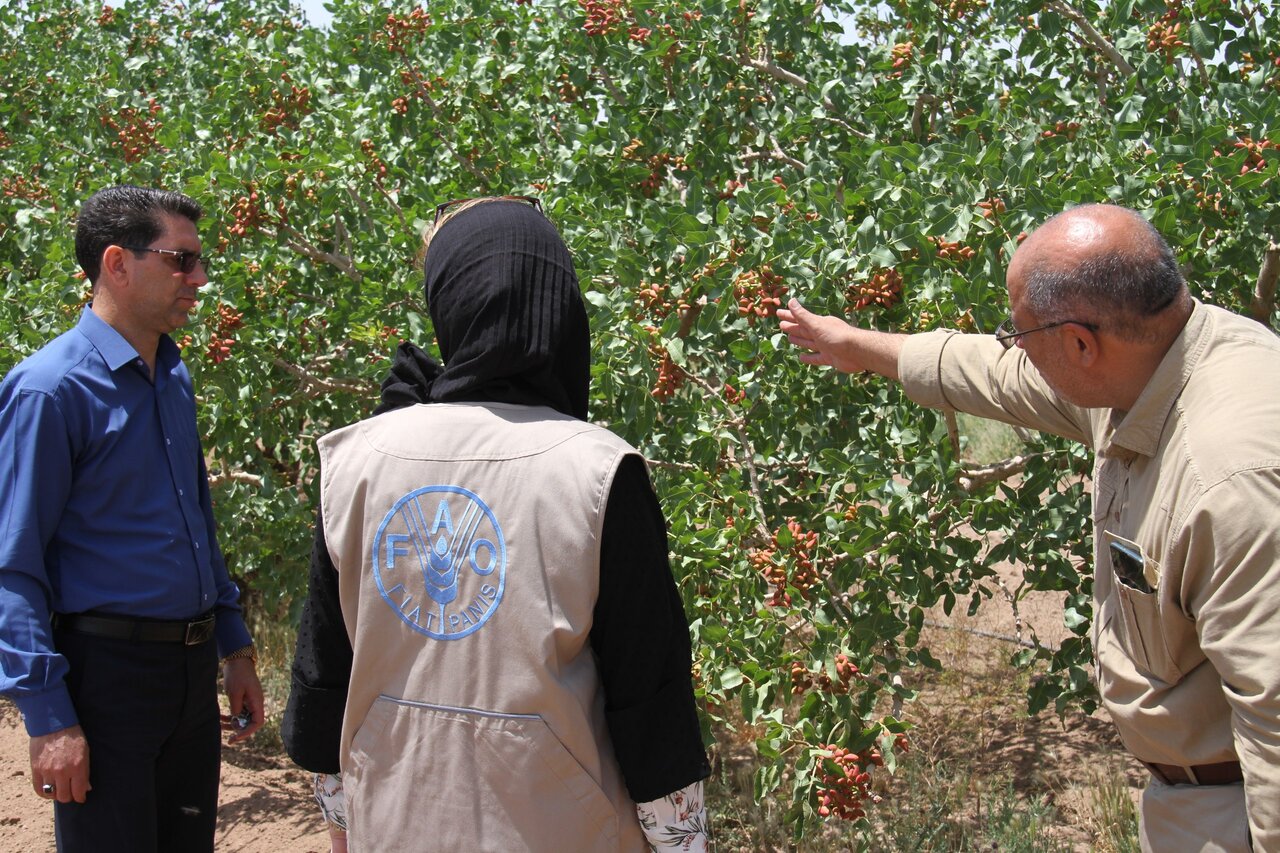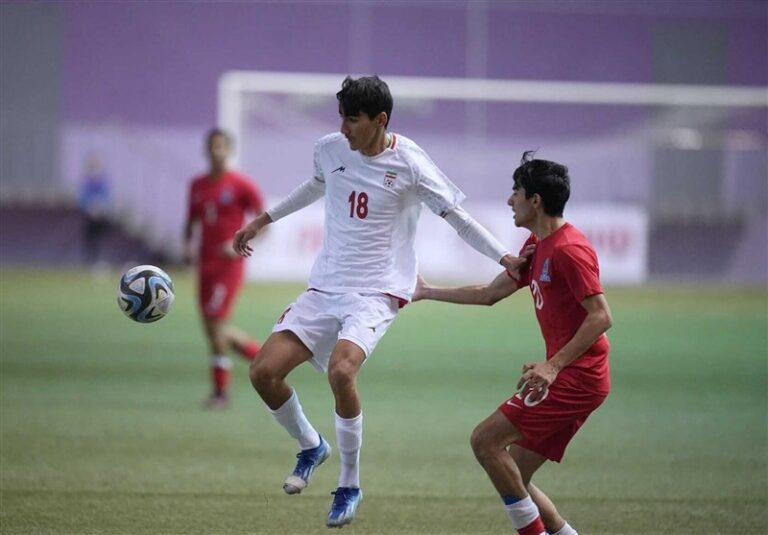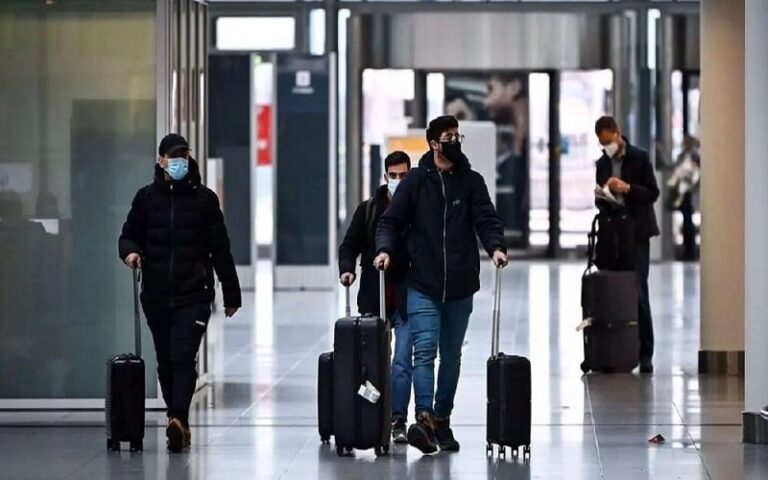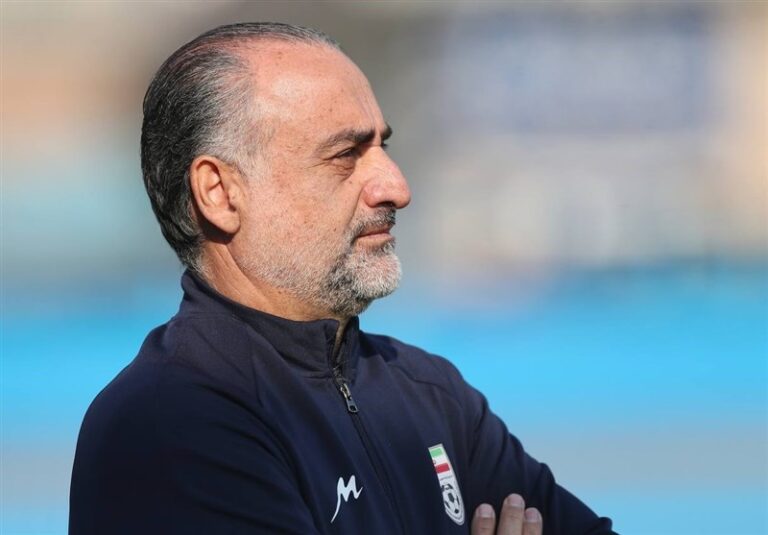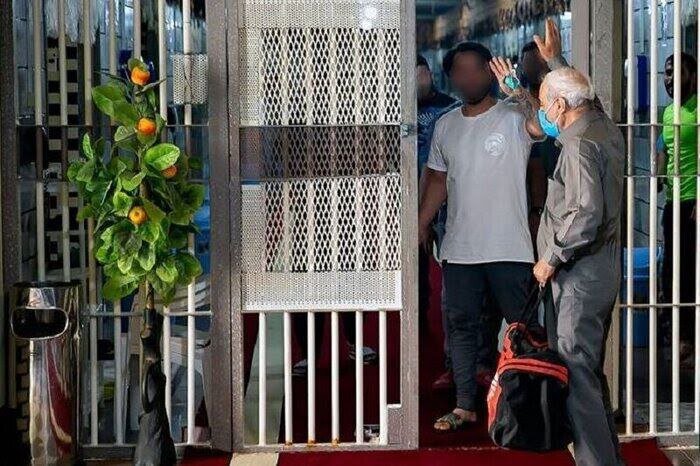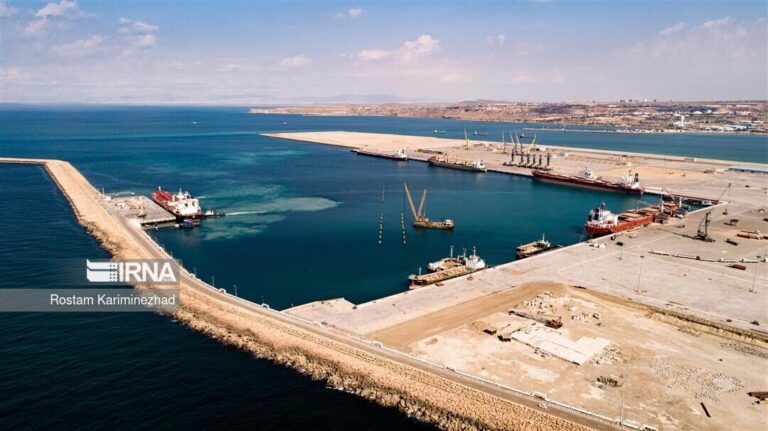FAO Expert Visits Iran to Enhance Global Competitiveness of Pistachio Industry
In a significant move to enhance the standards of Iranian pistachio exports, the Food and Agriculture Organization of the United Nations (FAO) has sent a technical delegation to Kerman Province. This initiative aims to improve sampling and laboratory testing procedures for detecting contaminants in pistachios, which are among Iran’s most valuable export commodities.
The three-day mission was part of a collaborative effort between the FAO and Iran’s Ministry of Agriculture Jahad, under the project titled “Improving Pistachio Production and Export through Establishment of Integrated Product Management.” The delegation included Benoit Glaud, an FAO International Consultant specializing in Laboratory Development and Improvement.
The primary objective of this mission was to assess sampling and analysis methods utilized for monitoring mycotoxin levels, specifically aflatoxins, in pistachios. This assessment aligns with the EU Regulation 2023/2782, which stipulates maximum contaminant levels in food products.
During their visit, the FAO delegation conducted extensive evaluations at various facilities, including:
- Iranian Food and Drug Administration (IFDA) laboratories, which operate under the Ministry of Health
- Private-sector pistachio processing terminals
- Pilot orchards across Kerman and Rafsanjan
- Iranian Pistachio Research Institute (IPRI)
These visits allowed the team to observe and assess key factors such as:
- Sampling procedures
- Testing protocols
- Quality management systems for pistachios intended for both domestic and international markets
In addition to their assessments, the FAO conducted two training workshops aimed at enhancing the knowledge and skills of local stakeholders. One of the workshops, led by Benoit Glaud, targeted laboratory staff and traders, focusing on:
- Best international practices in sampling
- Aflatoxin detection
- Testing result quality controls
- Regulatory compliance
The second workshop, co-organized with the Pistachio Research Institute, was designed for pistachio growers, farmers, extension officers, and experts from various regions including Kerman, Rafsanjan, Nough Rafsanjan, and Sirjan. This session emphasized Good Agricultural Practices (GAP) and covered advanced topics such as:
- Irrigation techniques
- Soil and nutrition management
- Integrated pest management strategies
- Improved horticultural practices
The goal of these workshops was to elevate the practical skills and technical knowledge of participants to ensure the production of high-quality and safe pistachios.
Through field visits and consultations, the FAO experts evaluated the current sampling and analysis methods employed by Iranian FDA laboratories. They collaborated with the Ministry of Agriculture Jahad to identify potential gaps and recommend ongoing improvements to align with international standards and practices.
Furthermore, the delegation emphasized the need to strengthen regulatory alignment, enhance laboratory capabilities for mycotoxin detection, and develop a comprehensive technical action plan.
According to Benoit Glaud, “At all stages in the pistachio production, processing, packaging, and testing before export, I have met people with a very high level of expertise and understanding of the key points to ensure good pistachio quality for export. I express confidence that IFDA laboratories have the technical capacities and expertise to provide reliable results for aflatoxins and support the export sector. International food safety regulations are always evolving, and it is important to keep updated with the latest quality control procedures to deliver good results. This FAO project is supporting the Islamic Republic of Iran in this aspect.”
By engaging both public and private stakeholders, the FAO aims to transfer best global practices, build national capacity, and facilitate sustainable improvements throughout the pistachio value chain. Launched in 2023, the pistachio project focuses on promoting sustainable and integrated pistachio supply chain management, improving productivity, ensuring compliance with food safety regulations, and enhancing market access.
By addressing critical quality and safety challenges, this initiative contributes to economic resilience, food and nutrition security, and bolsters Iran’s competitiveness in the global markets, ensuring that Iranian pistachios continue to be a sought-after commodity worldwide.
